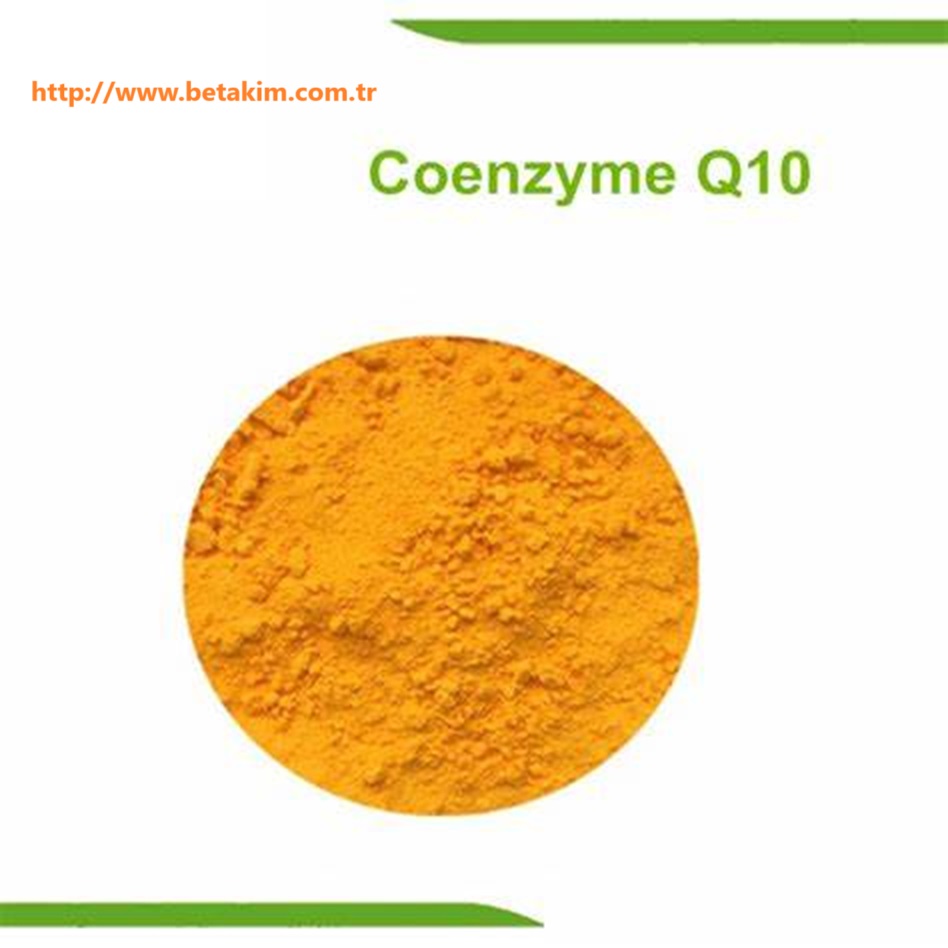We unleash your business potential by maximize the business innovation.
Send EmailCoenzyme Q10, Ubiquinone, Ubidecarenone, CoQ10, 303-98-0
Coenzyme Q10, also known as CoQ10 or ubiquinone, is an organic, naturally occurring, fat-soluble, vitamin-like substance. It plays a crucial role in the electron transport chain within cells, aiding in energy production. CoQ10 is found in high concentrations in organs with high energy demands, such as the heart, liver, and kidneys.
Physical and Chemical Properties
-
Chemical Formula: C₅₉H₉₀O₄
-
Molecular Weight: 863.34 g/mol
-
Appearance: Yellow to orange crystalline powder
-
Solubility: Fat-soluble
Other Names
-
Ubiquinone: This name refers to the chemical structure of Coenzyme Q10.
-
Ubidecarenone: Another name used in pharmaceutical and scientific literature.
-
CoQ10: A commonly used abbreviation.
-
Vitamin Q10: Sometimes referred to as this due to its vitamin-like properties.
Benefits and Uses
-
Energy Production: CoQ10 is essential for the production of ATP, the primary energy carrier in cells.
-
Antioxidant Properties: It helps protect cells from oxidative damage.
-
Heart Health: Supports cardiovascular health by improving energy production in heart cells.
-
Skin Health: Used in skincare products for its anti-aging properties.
-
Supplementation: Often taken as a dietary supplement to boost energy levels and support overall health.
Sources
CoQ10 can be obtained from various food sources, including:
-
Organ Meats: Heart, liver, and kidney
-
Muscle Meats: Pork, beef, and chicken
-
Fatty Fish: Trout, herring, mackerel, and sardines
-
Vegetables: Spinach, cauliflower, and broccoli
-
Fruits: Oranges and strawberries
-
Legumes: Soybeans, lentils, and peanuts
-
Nuts and Seeds: Sesame seeds and pistachios
-
Oils: Soybean and canola oil
